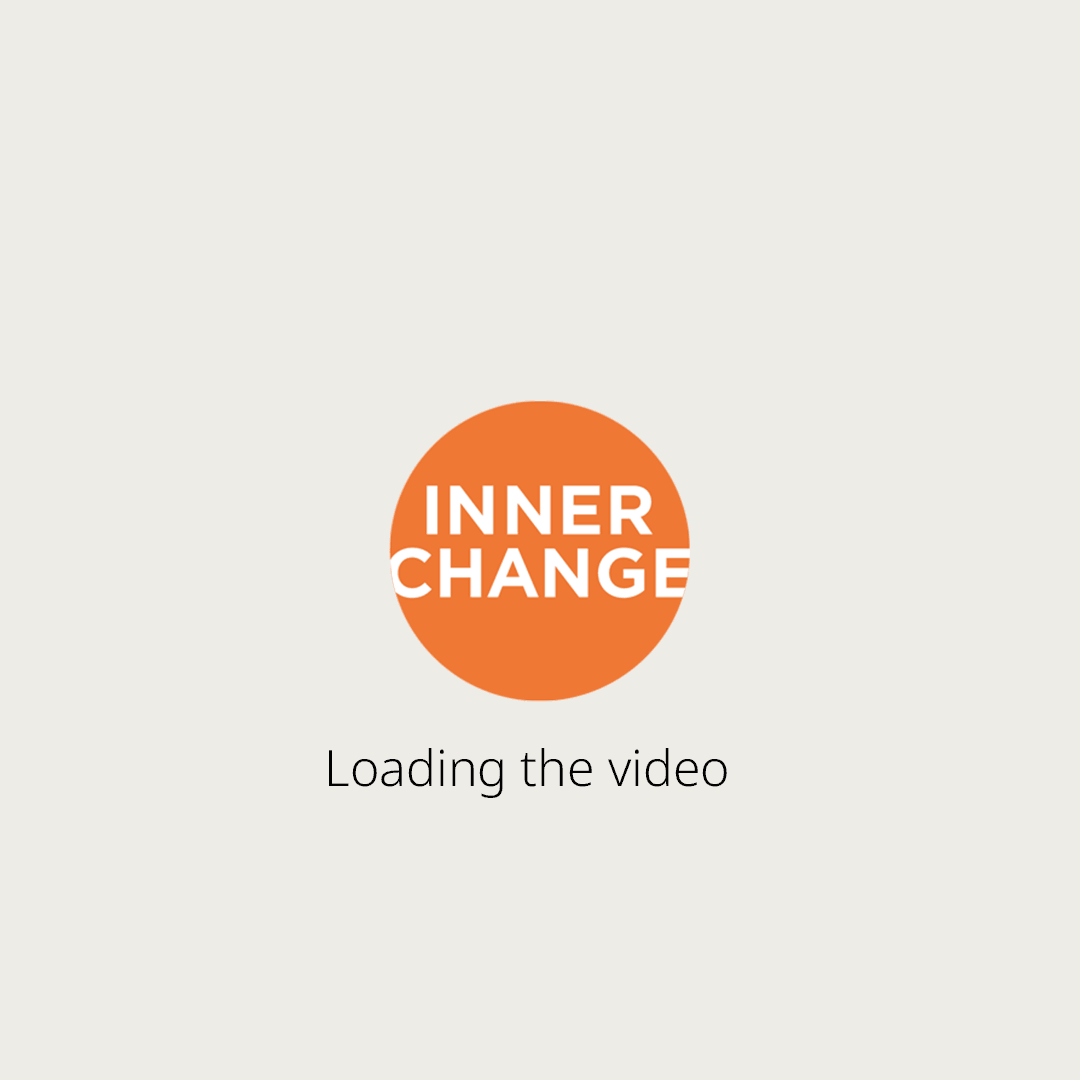I'm Robert Enright. I'm a professor in the Department of Educational Psychology at the University of Wisconsin Madison, a licensed psychologist and a founding board member of the International Forgiveness Institute. My studies are on the psychology of forgiveness and we have research projects going in many venues across the world.
In 1978 the University of Wisconsin hired me to study moral development because I'm in the human development area, but almost all of the scholars were centered on the question "How do children and adolescents become fair or just in society?" And I like an obedient academic followed along with everybody else. After I got ten years of doing that, I became very bored and discouraged with this topic. It was not making a difference in anybody's life other than my own. And so I threw all of that research over a cliff and I didn't have a new topic and so I asked myself the question: "What might make a difference in the world in people's lives?" And I realized not justice but injustice is a theme we all suffer with. We all have to confront in a way to heal from injustices against us, probably is the virtue of forgiveness. So I was staying in the realm of moral development where I was hired to begin with. And that happened in 1985.
So when I looked around in the social sciences at the topic of forgiving there literally was nothing out there. I actually went to the library and had a computer search done by the librarian, she looked for any social scientific study that existed on person to person forgiving and after an hour she came back defeated with a blank sheet of paper and said: "There is nothing !" And that shocked me because something as important to forgiveness, you think people would have been studying this in the helping professions in the social sciences and yet they did not.
So I started a seminar, we call it the "Friday forgiveness" seminar in 1985. And we had people from all over the world joining this and we all started to sit around once a week on Fridays to start asking questions such as these: "What do we mean when we say to forgive?", "How did people do it?". "How can we research this to see the extent of improvement of emotional well-being when people forgive?" and "how can we then bring this to others and forgiveness therapy and forgiveness education ?" It started in 1985, the seminar has been running for 30 years and we've basically had the honor of building a field of forgiveness studies within the social sciences.
I think in looking back on it now the reason why there were no studies at all in the social sciences on the topic of forgiveness that's not just psychology, that would include psychiatry, social work, counselling any of the social sciences. I think there are a couple of reasons. One is that almost everyone with whom I spoke early on thought that forgiveness was linked to religion or faith and the thought was: "Well how could something that is religious be brought into something as exalted and as important as the social sciences? "We can't have that ! " Others thought of forgiveness as a sign of weakness that as you forgive you give in to the other's unfairness. You just simply cave in to the nonsense. And that's not what forgiveness is. Forgiveness is giving goodness to those who have not been good to you. It's truly from a position of strength and struggle to achieve a virtue that's very difficult to achieve.
Robert Enright had the privilege of starting a new field of research on the topic of forgiveness. When he started his research on forgiveness in 1985, he didn't found any existing research on that subject!
